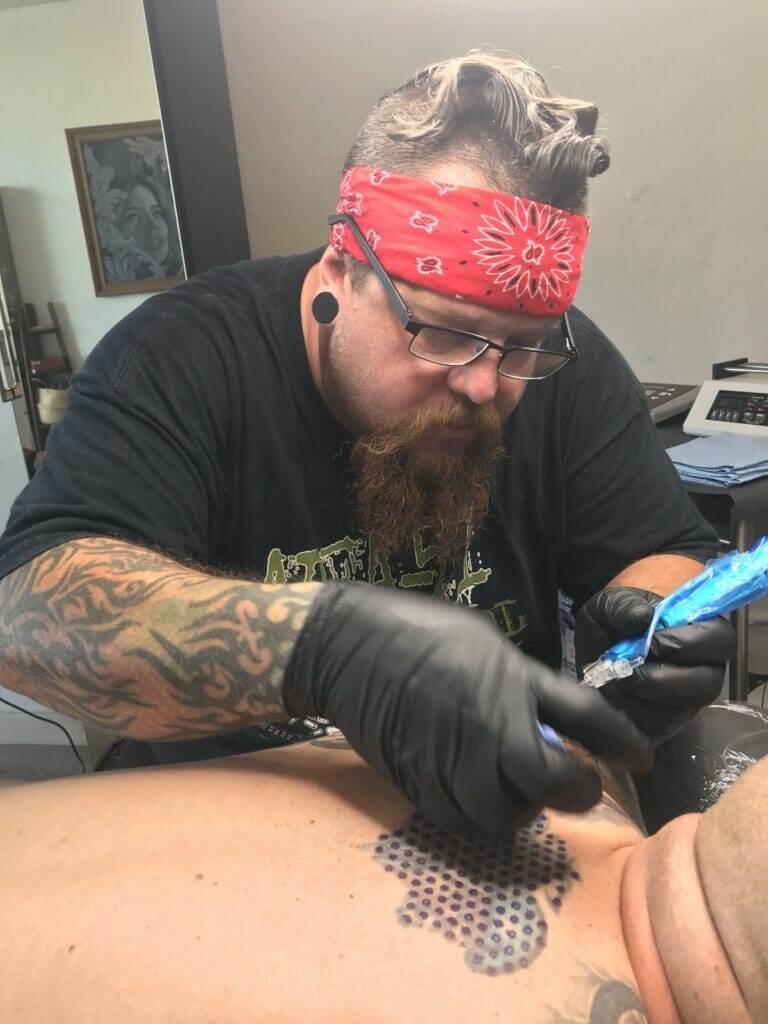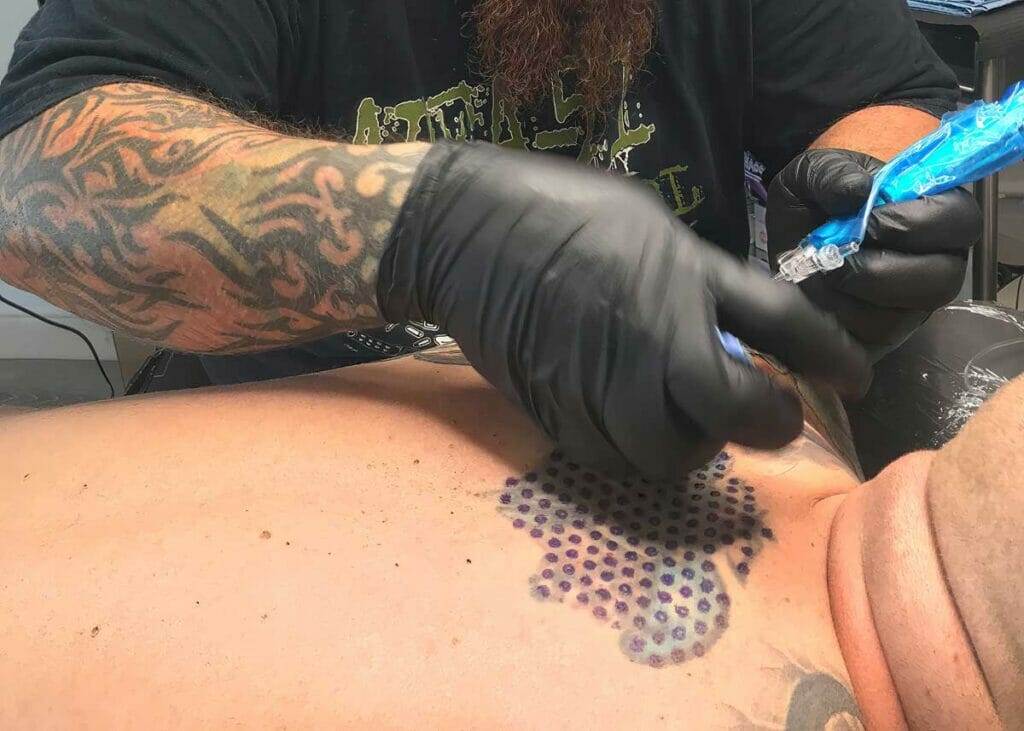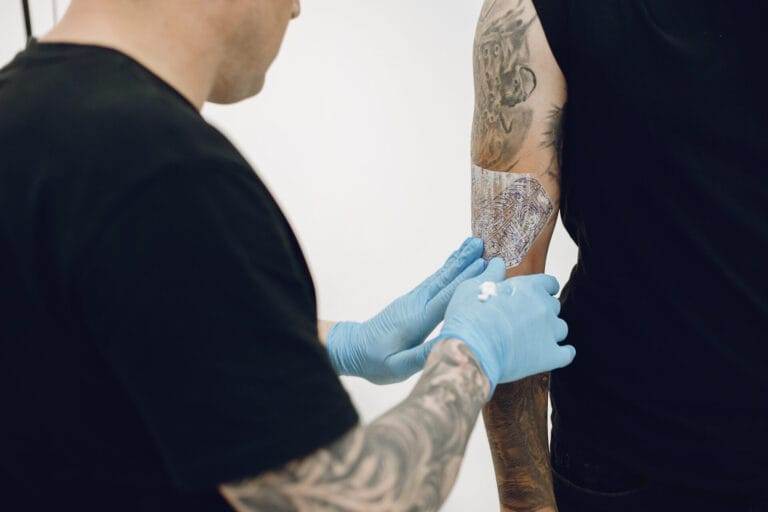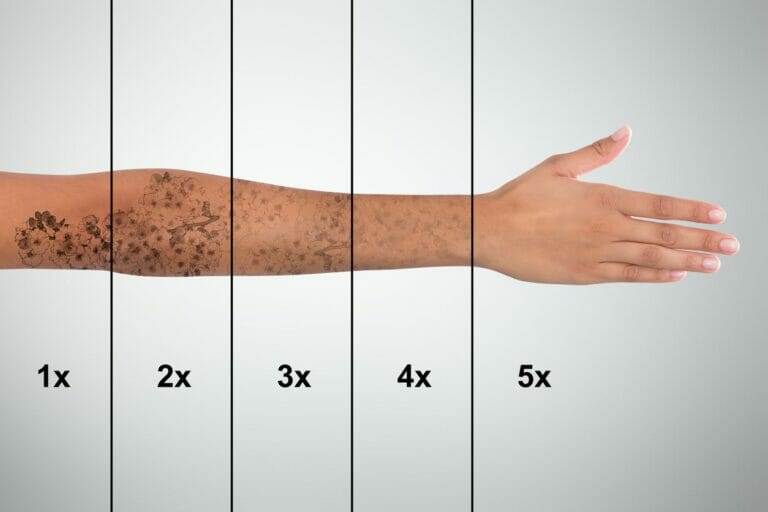In recent years, the popularity of tattoos has soared, with more and more people choosing to adorn their bodies with meaningful designs and artwork. However, along with this surge in tattoo culture comes a corresponding rise in tattoo regret. Whether it’s due to a change in personal taste, a desire to remove a reminder of a past relationship, or simply a poorly executed tattoo, many individuals are seeking ways to either remove or fade their tattoos. This has led to a growing interest in tattoo removal methods that can help individuals move on from their inked past.
The Drawbacks of Laser Tattoo Removal
One of the most common methods for tattoo removal is laser treatment. While laser tattoo removal can be effective in breaking down the ink particles in the skin, it comes with its own set of drawbacks. The process can be quite painful, as the laser targets and breaks down the pigment in the skin. Additionally, laser tattoo removal can be expensive, as multiple sessions are often required to achieve the desired results. Furthermore, certain colors, such as yellows and greens, can be more challenging to remove with lasers, and some tattoos may not respond well to this method at all. In some cases, laser removal can also cause scarring or skin discoloration.
Natural Tattoo Removal Methods: Do They Really Work?
In the quest for alternative and more natural tattoo removal methods, some individuals turn to home remedies like lemon juice or salt. While these methods may help fade tattoos over time, they are generally not as effective as professional removal techniques. Lemon juice, for example, is acidic and can help break down the pigments in the skin, but it can also cause irritation and damage if not used properly. Salt is another common home remedy that is believed to help fade tattoos through exfoliation, but it can also be harsh on the skin and may not produce significant results.
The Importance of Patience: Why Tattoo Removal Takes Time
It’s essential for individuals seeking tattoo removal to understand that the process takes time and patience. Tattoo removal is a gradual process that typically requires multiple sessions spaced several weeks apart. Depending on the size, color, and depth of the tattoo, it can take several months or even years to fully remove it. Patience is key when undergoing tattoo removal treatments, as expecting immediate results can lead to disappointment and frustration. By setting realistic expectations and following through with the recommended treatment plan, individuals can achieve the best possible outcome.
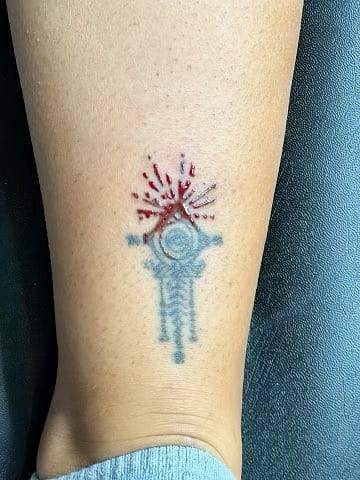
DIY Tattoo Removal: Pros and Cons
DIY tattoo removal methods have gained popularity as a seemingly cheaper alternative to professional treatments. From using tattoo removal creams to homemade concoctions, there are various DIY options available. However, these methods come with significant risks. DIY treatments can be dangerous and may not be effective in fully removing tattoos. Without proper training and expertise, individuals risk causing harm to their skin, including scarring and infection. It is always recommended to seek professional help from a qualified dermatologist or tattoo removal specialist for safe and effective removal.
Chemical Tattoo Removal: What You Need to Know
Chemical tattoo removal involves using acids or other chemicals to break down the ink particles in the skin. While this method can be effective in fading tattoos, it also carries risks if not performed correctly. Chemical tattoo removal should only be carried out by trained professionals who understand how to safely apply these substances to the skin. Improper use of chemicals can lead to severe skin damage, scarring, and other complications. Individuals considering chemical tattoo removal should consult with a reputable provider to discuss the potential risks and benefits before proceeding with treatment.
The Role of Exfoliation in Tattoo Removal
Exfoliating the skin is another method that some individuals use to help fade tattoos over time. By removing dead skin cells from the surface of the skin, exfoliation can promote the gradual fading of tattoos. However, it’s important to approach exfoliation with caution and care. Over-exfoliating or using harsh exfoliants can damage the skin and hinder the healing process. Gentle exfoliation techniques should be used sparingly and in conjunction with other safe removal methods for best results.
The Power of Sunlight: How to Fade Tattoos Naturally
Sunlight exposure is often cited as a natural way to fade tattoos over time. UV rays from the sun can help break down the pigments in the skin and lighten the appearance of tattoos. However, it’s crucial to approach sunlight exposure carefully when trying to fade tattoos naturally. Prolonged sun exposure without protection can lead to sunburn, premature aging, and an increased risk of skin cancer. Individuals looking to fade their tattoos with sunlight should use sunscreen with a high SPF and limit their time in direct sunlight to protect their skin from damage.
Covering Up Tattoos: A Temporary Solution
For those who are not ready or able to undergo tattoo removal procedures, covering up tattoos with clothing or makeup can provide a temporary solution. This method allows individuals to conceal their tattoos for specific occasions or situations where they may not want them visible. While covering up tattoos can be effective in the short term, it does not address the underlying issue of wanting the tattoo removed permanently. It’s essential for individuals considering cover-up options to explore permanent removal solutions if they are seeking a more long-term solution.
Emotional Healing After Tattoo Removal: Coping with Regret
Tattoo removal is not just a physical process but also an emotional journey for many individuals experiencing regret over their inked decisions. It’s common for people undergoing tattoo removal to feel a range of emotions, including sadness, disappointment, or even guilt about getting the tattoo in the first place. It’s crucial for individuals to address these feelings and seek support from friends, family members, or mental health professionals if needed. By acknowledging and processing these emotions, individuals can begin to heal emotionally as well as physically from their tattoo regret.
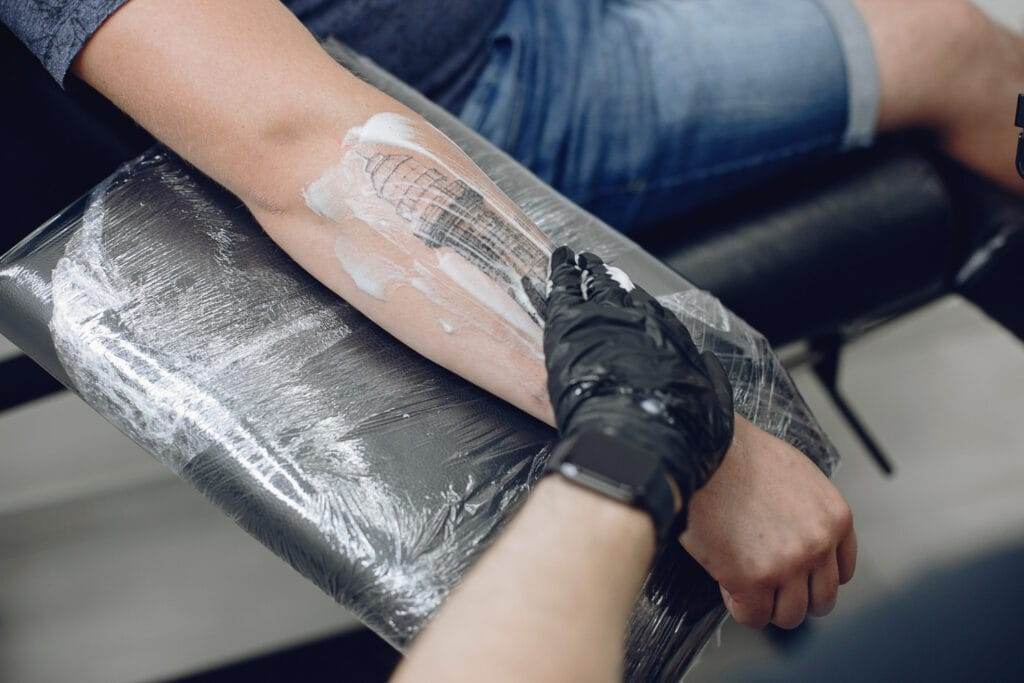
Making Peace with Your Tattooed Past
In conclusion, removing or fading a tattoo is a personal decision that requires careful consideration of all available options. While there are various methods for tattoo removal ranging from laser treatments to natural remedies, it’s essential for individuals to weigh the pros and cons of each approach before making a decision. Seeking professional help from qualified dermatologists or tattoo removal specialists is crucial for safe and effective removal outcomes.
Ultimately, making peace with your tattooed past is about self-acceptance and self-love regardless of whether you choose to keep your tattoos or have them removed. Embracing your past decisions and learning from them is an important part of personal growth and self-discovery. By taking steps towards caring for yourself both physically and emotionally throughout the tattoo removal process, you can move forward with confidence and positivity towards a brighter future ahead.
Ultimately, making peace with your tattooed past is about self-acceptance and self-love regardless of whether you choose to keep your tattoos or have them removed. Embracing your past decisions and learning from them is an important part of personal growth and self-discovery. By taking steps towards caring for yourself both physically and emotionally throughout the tattoo removal process, you can move forward with confidence and positivity towards a brighter future ahead. It’s important to remember that your worth is not defined by your appearance or past choices, but by the love and respect you have for yourself. Embrace your journey, forgive yourself for any regrets, and focus on creating a fulfilling and happy life moving forward.

